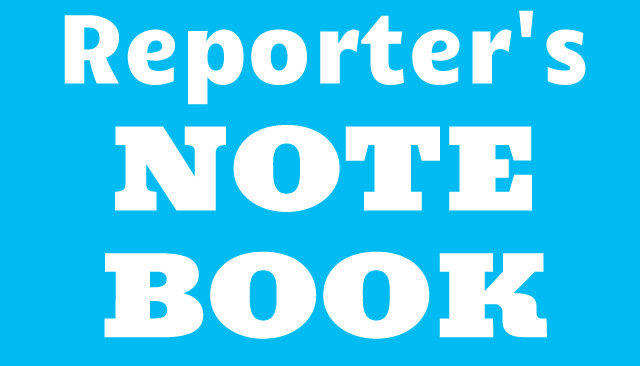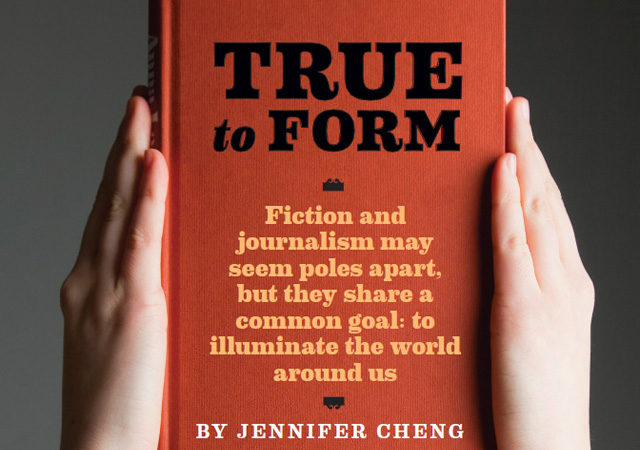By Amelia Brown
The tables are filling up quickly and the kitchen bell is ringing, just as more diners arrive. I seat them before running back for the food. The young woman at the door doesn’t have a reservation, but I happen to know who she is. Her photo appeared in a story with my byline. We exchanged emails and phone calls as I tried to fill in details that she resisted telling me because it was “all on the website.” As I show her party to table nine, with the warning that it’s booked again in an hour, I note that her tone is much kinder than it was during our tense phone interviews.
I’ve served sources before; it’s always awkward. In the middle of the evening rush, it’s easiest to avoid eye contact and concentrate on turning the table over before the next seating.
Although I assume my sources know that writing doesn’t quite pay the rent, I do sometimes wonder, as I deliver the cheque, whether they’ll think twice before agreeing to talk the next time I contact them for a story.
There’s certainly no shame in serving; even average service warrants a 15 percent tip that adjusts with inflation, while the usual national magazine rate of $1 per word for freelancers has remained stagnant for decades. Relationships with sources are the bread and butter of freelancers’ careers, but for many, a part-time job is necessary for the dough.
When he started out in the ’80s, film critic Richard Crouse worked in print and radio by day and served in bars and restaurants by night. “Freelance can be a very tough way to make a living,” he says. “It’s not for the weak of heart.”
But behind the bar, he honed some of the skills that paved the way to a career as a TV host: the ability to read people comes in handy during interviews, and the sense of urgency helps him manage deadlines. Crouse stopped serving 15 years ago; he could support himself with freelance work, and his show, Reel to Real, was popular enough that people recognized him on the job.
For some journalists, running into a contact while working part-time is a face-palm-inducing nightmare. Alison Garwood-Jones picked up shifts at a downtown pub to support her freelancing, especially after 2008’s economic downturn made writing gigs harder to come by. She pulled out chairs and hung coats for shocked editors, but took it all in stride: “Too many journalists think if they take a job like that, it means they’re not successful.”
Caitlin Kelly agrees: “So what if they see you? See you doing what? Making money? Paying your bills on time?” After being laid off from New York’s Daily News in 2006, Kelly took on a retail associate position to support her freelance career, an experience she later turned into her 2011 book, Malled. “You’re more than just your byline,” she says, adding that other jobs make you a deeper, smarter and more empathetic person. “And if you’re not that person, I probably don’t want to read your work.” She adds that running into sources, editors or colleagues isn’t worth dreading. “A smart person won’t judge.”
Still, I hesitate at table nine, then decide against introducing myself or asking if she read the story. Instead, I ask: “Can I get you anything to drink to start?”
About the author
Amelia Brown was the Online Handling Editor for the Spring 2014 issue of Ryerson Review of Journalism.

